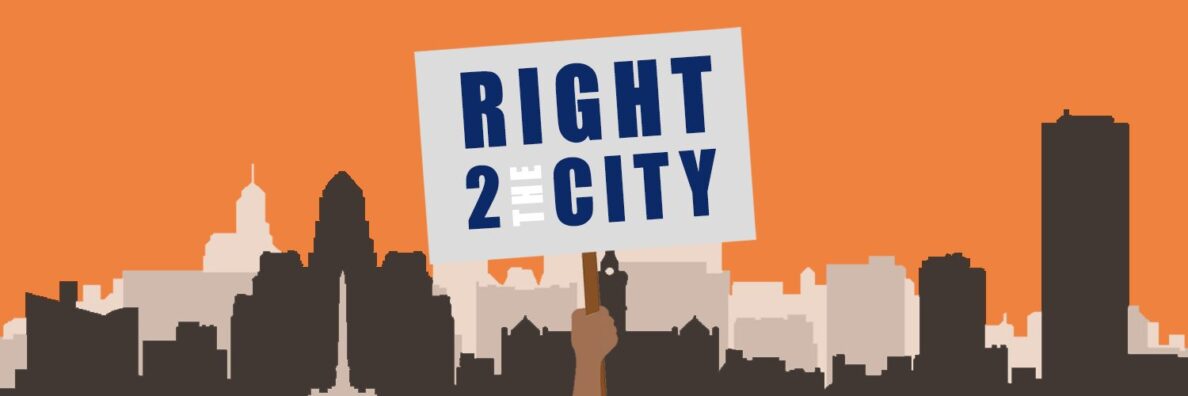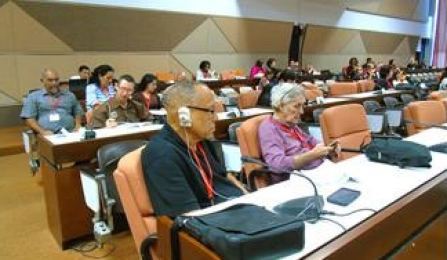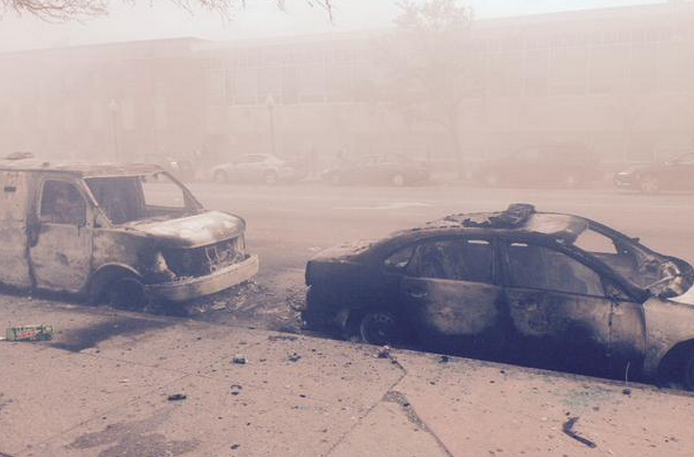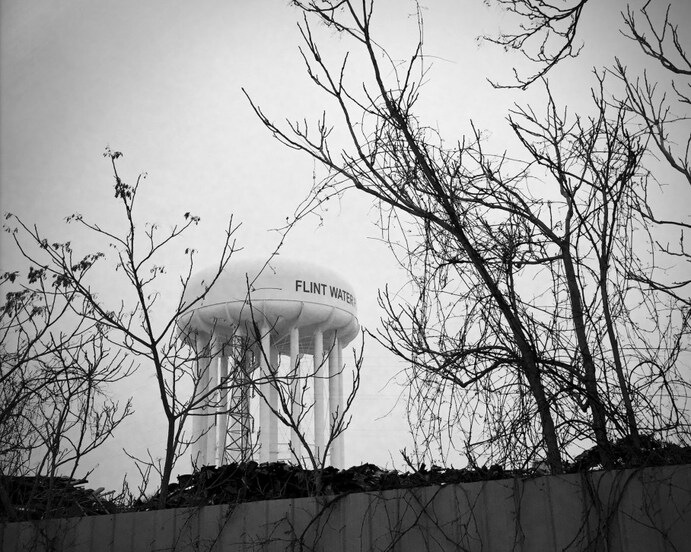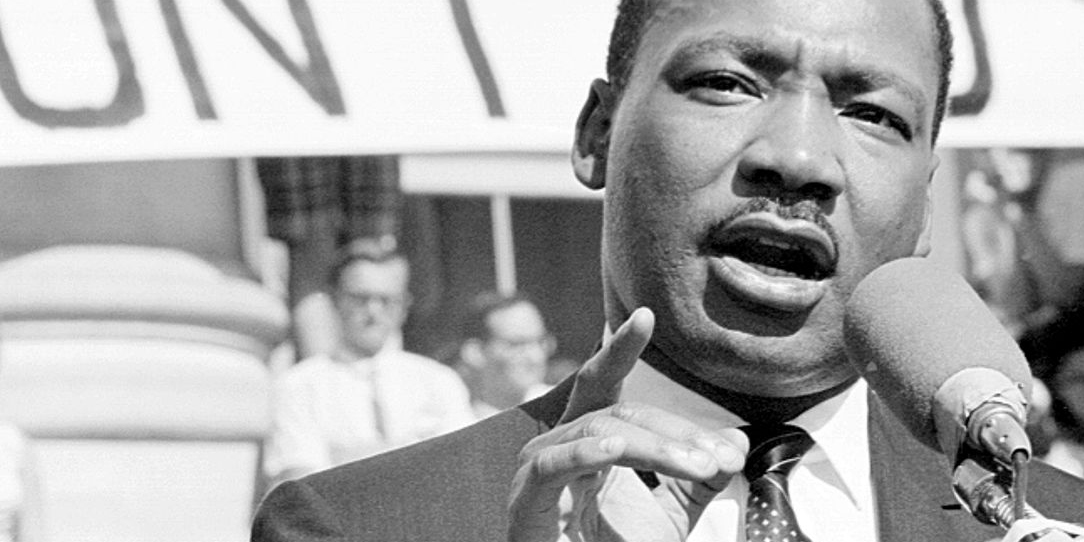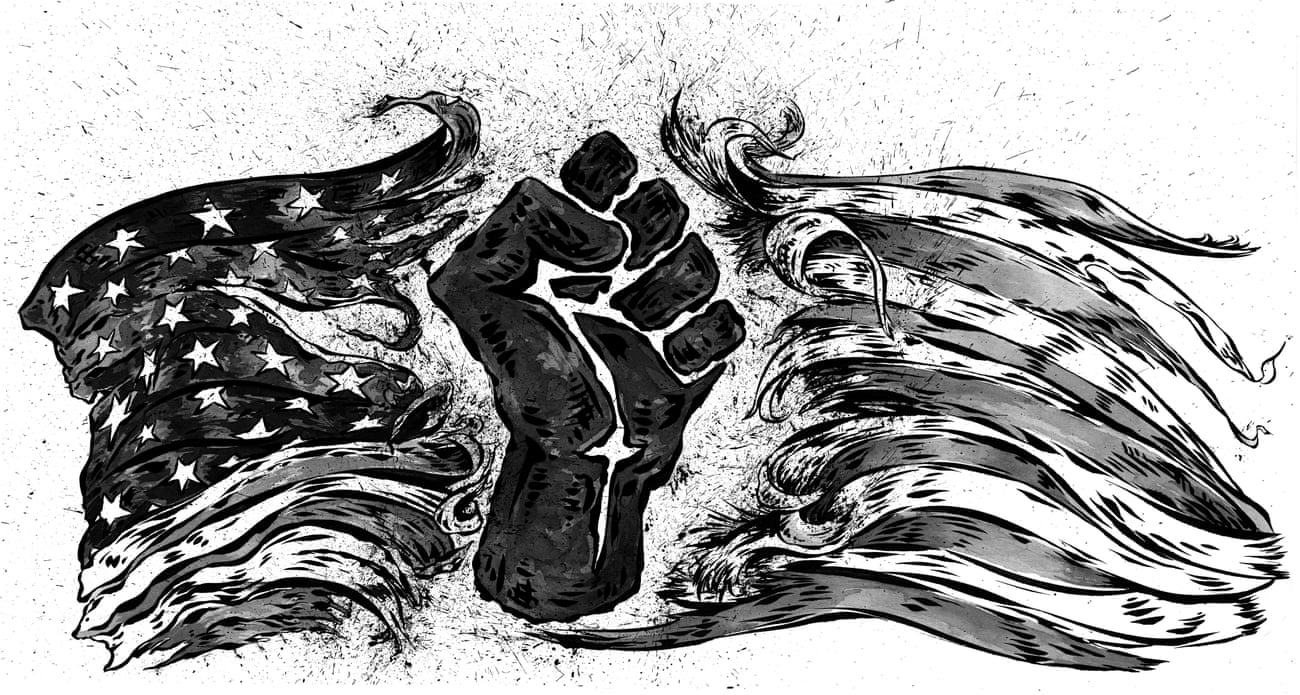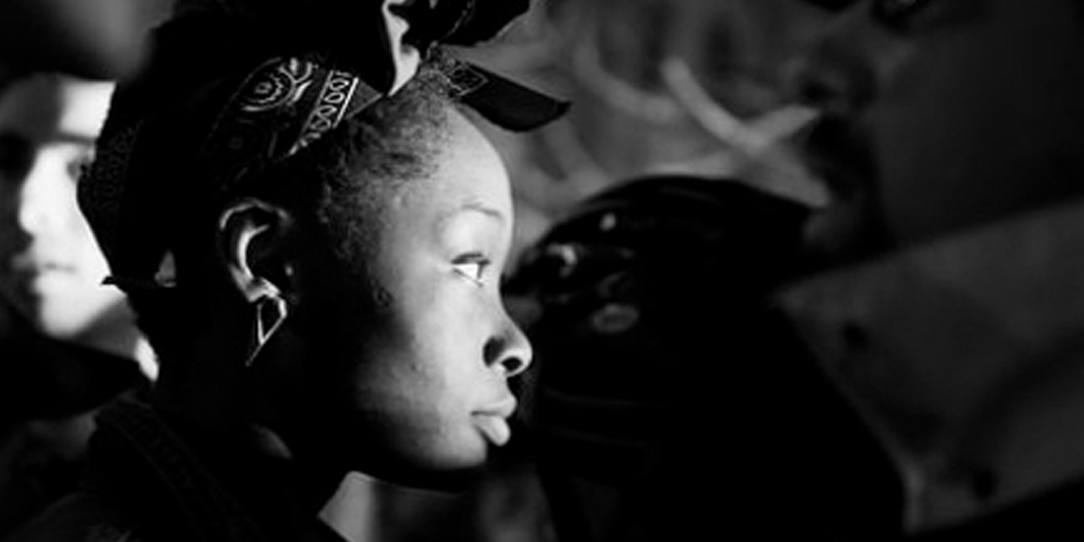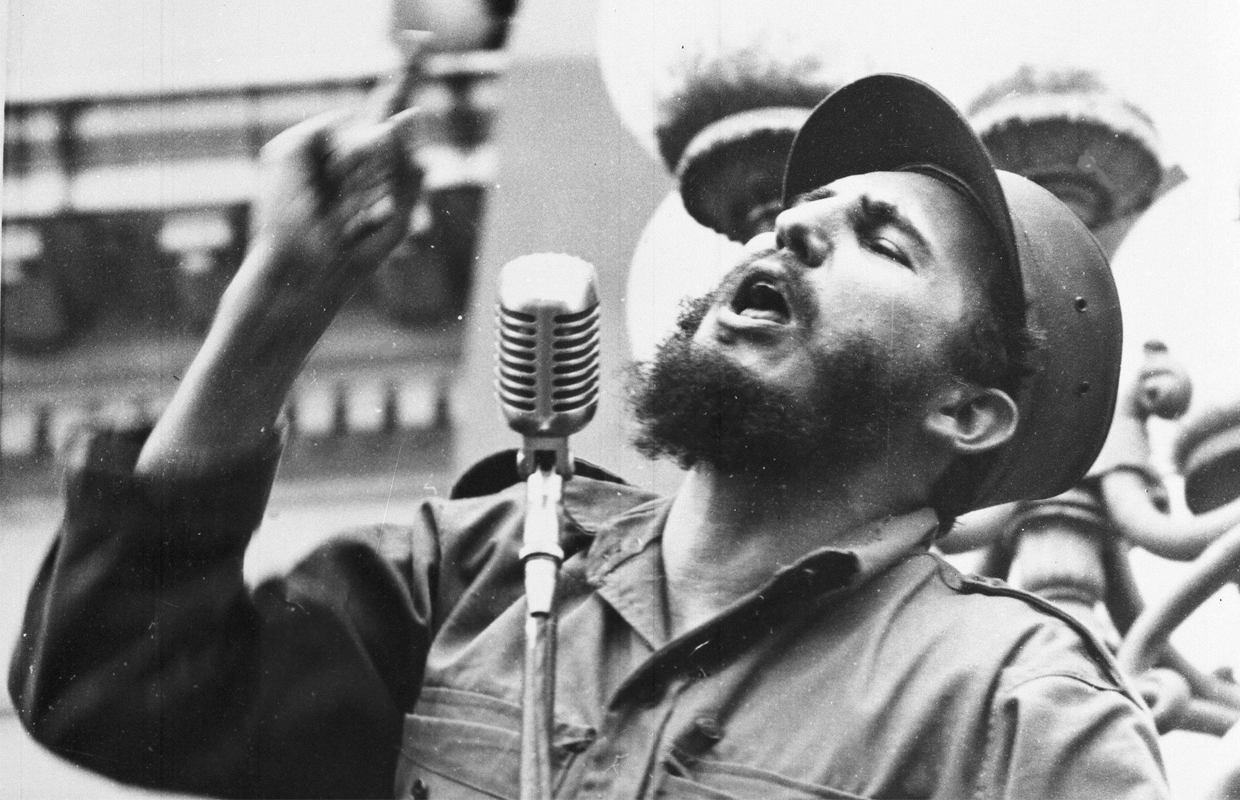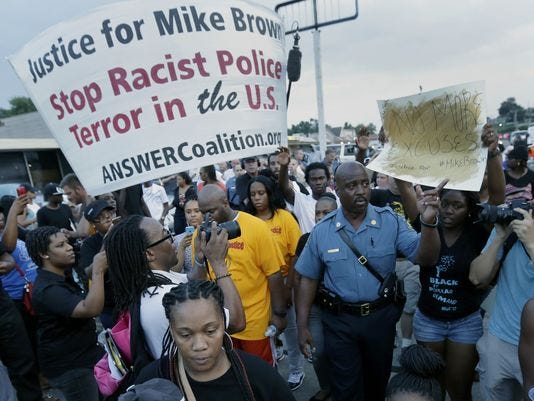Reflections on the Cuban International Conference on Hygiene and Epidemiology: Building Bridges of Cooperation with Latin America
By Henry-Louis Taylor, Jr.
“The social determinants and social determination of health frameworks view health and disease as social products, which are unevenly distributed throughout society. Health, then, is a social phenomenon that intersects with health equity and social justice. It is influenced by multifarious social, economic and physical conditions, including economic stability, education, social and community context, health and health care, and neighborhood and built environment, and, as such, it requires an intersectoral approach to research, policy-making, and intervention.”
